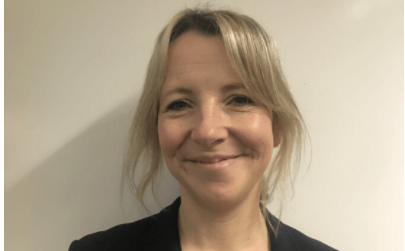Insurers have been urged to review role descriptions as well as their candidate sourcing and interview practices in order to effectively recruit autistic and neurodiverse individuals.
Danae Leaman-Hill, director of fundraising and development at Ambitious about Autism – a national charity for children and young people with autism – said there was much more the industry could be doing to welcome more diverse people.
Leaman-Hill was speaking at the Group for Autism, Insurance and Neurodiversity (Gain) launch whose mission is to unlock the potential of autistic and neurodiverse individuals and give them opportunities in the insurance industry.
Neurodiverse individuals often excel in many skills, including methodical approaches to tasks, strong attention to detail, alternative creative thinking as well as looking at situations from different perspectives.
However, Office for National Statistics data shows that while one in every 100 people in the UK have an autism diagnosis, just 21.7% of autistic adults access full-time and paid work.
Commenting on what insurers can do to help tackle this issue, Leaman-Hill, who is also a member of Gain’s steering committee, said there appeared to be a disconnect between employers’ willingness to recruit autistic and neurodiverse individuals and actually getting them through the door.
“There are some simple practical things that recruiters can put in place around reviewing their role descriptions, reviewing their candidate sourcing practice, their interview practice, what kind of language they are using,” she said.
“Are you sharing questions in advance? Are you sharing pictures of panel members? It’s just quite simple stuff really but it can really make a difference,” Leaman-Hill said.
“And then of course your onboarding process and we get lots of feedback from autistic young people saying: ‘I’ve got degrees, I’ve got masters degrees, I know I’m bright enough to make a difference here but I just cannot penetrate this impenetrable practice’,” she added.
Leaman-Hill also recommended insurers do more to “demystify” their workplace to make them more welcoming to young autistic people.
“Far too few autistic young people have access to work experience or internships or apprenticeships. It’s very disproportionate to neurotypical people,” she continued.
“Just opening up your organisation to young people in that capacity just for two weeks or six month placements would really make a difference – both to the culture of the organisation and also career paths for young people.”






